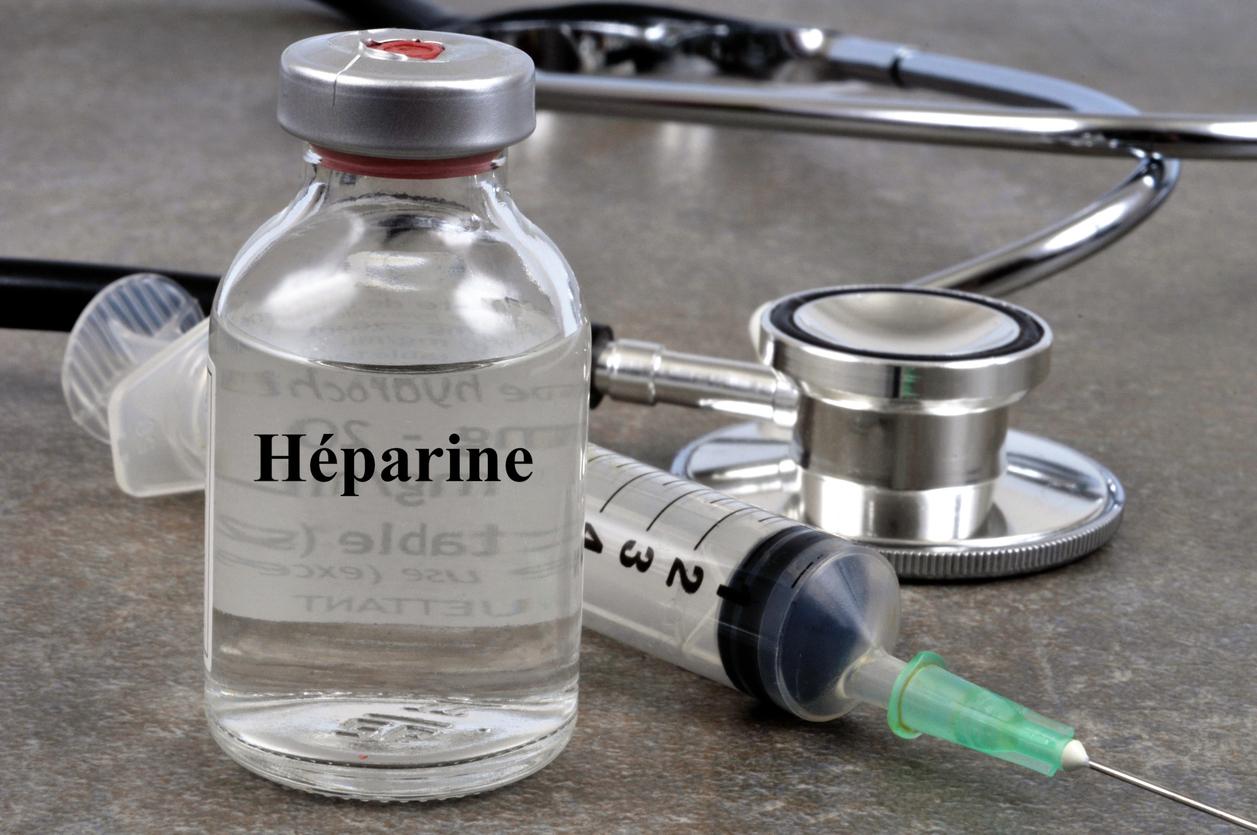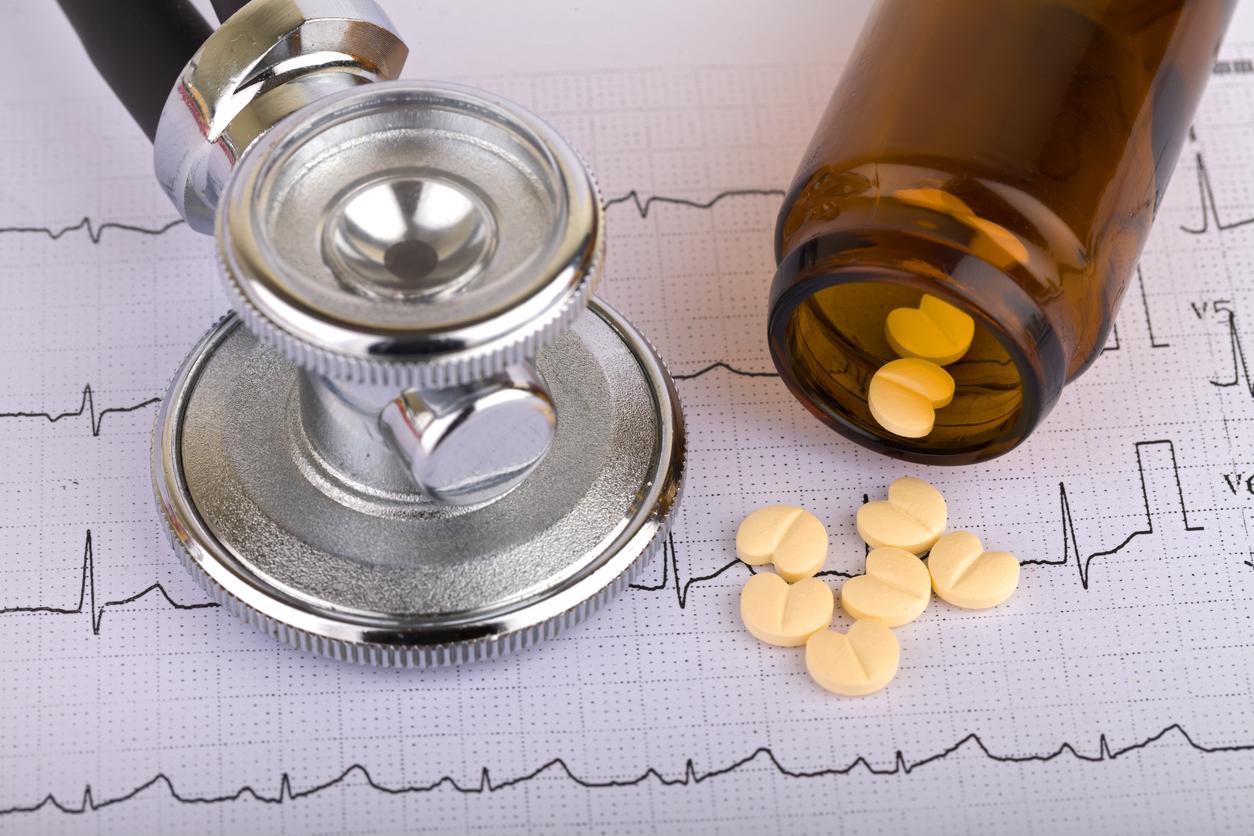5 to 10% of prescriptions for new anticoagulants are contrary to recommendations, or even dangerous. Authorities organize enhanced surveillance of doctors

General mobilization around new oral anticoagulants! This Wednesday, no less than three institutions, the drug agency (ANSM), health insurance and the High Authority for Health (HAS), were on the bridge. Aim of the operation: to secure the use of these drugs, the NOACs. This security is essential since a significant number of prescriptions do not comply with the recommendations. It is therefore urgent to remind doctors of the rules for the proper use of these drugs.
What worries the authorities the most is that in less than a year, almost half of the patients starting oral anticoagulant therapy were prescribed a NOAC, which is contrary to the recommendations. The HAS has indeed recalled that the AVK remain the reference in 1st intention.
Health insurance has scrutinized these inappropriate prescriptions. In 73% of cases, they concern cardiologists and 35% of general practitioners. But this prescribing dynamic has been changing since spring 2013. This type of first-line Naco prescription is on the decline, there are currently 60,000 Nacos prescriptions and about as many for VKA.
In addition, the Cnam points to certain prescriptions which could be downright dangerous. In 5 to 10% of cases, the new oral anticoagulants are prescribed to patients suffering from valve pathologies, to hepatic or renal insufficiency, to people over 80 years of age whose renal function has not been checked.
Health insurance data also show that a proportion of patients on NACO concomitantly take drugs that increase the risk of bleeding. 15% of them would follow in parallel a treatment with antiplatelet, 21% a treatment with amiodarone. However, in these situations, only AVKs make it possible to precisely measure the degree of anticoagulation and to have an antidote available if necessary.
Expected side effects
However, surveillance data is not of concern at this time. The ANSM reports 3,000 serious adverse effects and 302 deaths under NACO. In the end, the effects reported are consistent with those expected, in particular in terms of hemorrhage or thrombosis. Indeed, the benefit-risk ratio of NOACs is not called into question. “NOACs are no more at risk of bleeding than VKA. They are not dangerous drugs but at risk and all the more at risk when they are effective, ”considers Evelyne Falip, director of risk assessment and monitoring at ANSM.
Listen to Evelyne Falip, director of surveillance at ANSM: “We often find an association with aspirin. However, there is an additional risk of bleeding.”
Very tightened surveillance
If there is no health security concern regarding the new anticoagulants, the health authorities are nevertheless putting in place “very reinforced surveillance”, as confided by Prof. Dominique Maraninchi, director general of the National Agency. drug safety.
Its aim is to continue the close monitoring of these new molecules and to provide regular information to healthcare professionals and patients. The ANSM will also soon send a letter to the doctors. Since July 2013, the CNAM has already sent delegates to general practitioners to promote the proper use of anticoagulants. But the Health Insurance has decided to go further, by sending medical advice from the health insurance to meet with cardiologists.
Listen to Pierre Fender, national medical consultant of the Cnam: “From December, health insurance will promote the proper use of these drugs among cardiologists.”
This commotion does not therefore mean that these drugs are called into question. Even less that patients on Naco have to interrupt their treatment. Stopping treatment without medical advice exposes an equally serious risk, the formation of blood clots or thrombosis, which can also be fatal. For Jean-François Bergmann, professor of therapeutics at the Lariboisière hospital and former vice-president of the AMM committee, “it is not so much the drugs that must be monitored, it is rather the doctors. “
Listen to Jean-François Bergmann, professor of therapeutics at Lariboisière hospital and former vice-president of the AMM committee: “We must not demonize the drug …”
Traditional anticoagulants, anti-vitamin K (AVK) remain largely in the majority with more than 1 million patients treated, but we are currently seeing a large use of new molecules. Indeed, 265,000 patients would be under NACO. Globally, 4% of the French population is currently taking anticoagulant therapy to treat phlebitis and pulmonary embolism or prevent a stroke in the event of atrial fibrillation, a heart rhythm disorder common in the elderly.
.

















